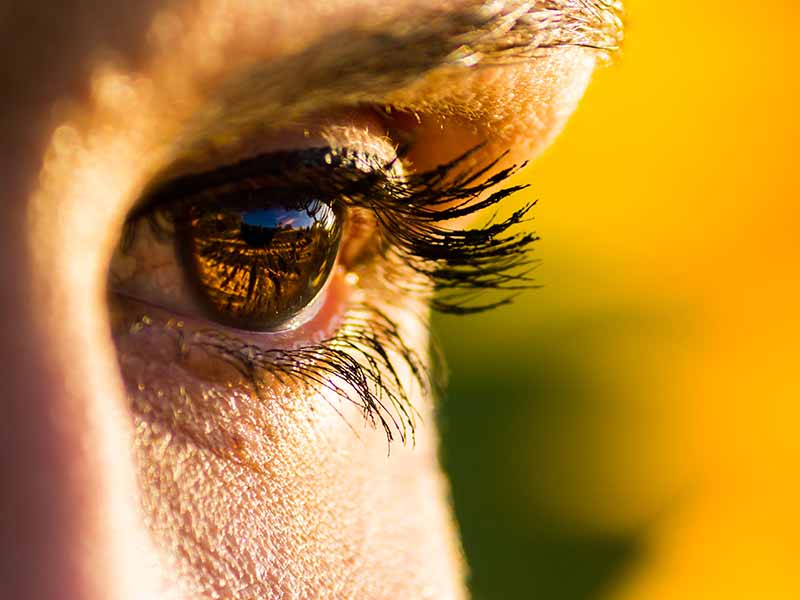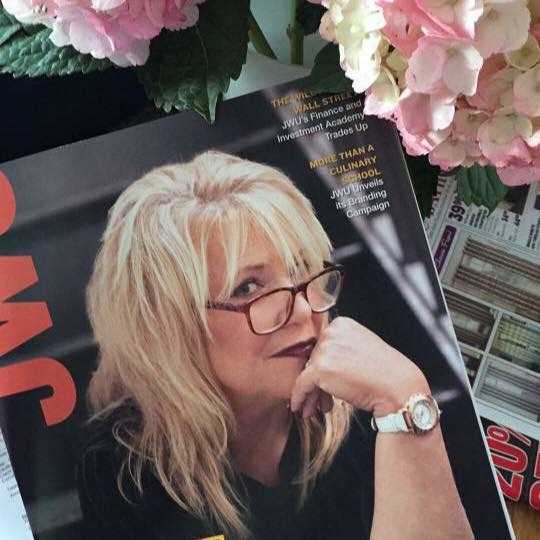Search Posts
Recent Posts
- Rhode Island Weather for May 31, 2025 – Jack Donnelly May 31, 2025
- Burn with Kearns: Fix Your Foundation: Core, Mobility & Joint Health – Kevin Kearns May 31, 2025
- In the News… quick recap of the week’s news (5.31.25) May 31, 2025
- Business Beat: Navigant CU receives prestigious Community Impact Award from NEACH May 31, 2025
- To Do in RI: Taste of Rhode Island. Food, libations, entertainment, auction for Matunuck Oyster Bar May 31, 2025
Categories
Subscribe!
Thanks for subscribing! Please check your email for further instructions.

GriefSpeak: Coronavirus – Staring into the Sun
By: Mari Dias
A recent research article, written by Sherman Lee et al (2020) in the Journal of Anxiety Disorders coined the phrase “Coronaphobia” and defines it as “a relatively new pandemic-related construct related to functional impairment and psychological distress.” It may be comforting to some of you who are struggling with anxiety to know that your feelings are so pervasive, so popular that there is a name for it! A phobia is an extreme fear or aversion to, in this case, coronavirus.
Let’s look at where that fear is actually rooted. We know that it’s contagious, which is scary, and it can be fatal, which is also scary – yet I suspect that Coronaphobia is rooted in our fear of death, the idea of our own mortality and our struggle to avoid it.
According to world renowned author and psychiatrist, Irvin Yalom, all our anxieties are embedded in death anxiety. Let me repeat: ALL our anxieties are embedded in our death anxiety. In his book “Staring at the Sun: Overcoming the Terror of Death”, Yalom cautions us that “the more unlived your life is, the greater your death anxiety,…[and] sooner or later [we] give up hope for a better past.” Yalom also warns us that “self-awareness is what makes us human, but it comes at a price: the wound of mortality. Our existence is forever shadowed by the knowledge that we will grow, blossom…diminish, and die.” Finally, Yalom poses a question to all: “Why stare into the sun? Why grapple with the most terrible, the darkest, and most unchangeable aspect of life?” What is your response?
As I type this, I’m reminded of Chloe Benjamin’s book entitled “The Immortalists”. In Benjamin’s story, 4 siblings visit a fortune teller who is said to have otherworldly powers. One in particular is her ability to predict the exact date of their deaths. Each sibling chooses not to share their “death date” with any of the others, and from there we are offered a view of how each of them is influenced by knowing the day they would die. I wondered how knowledge of our death date might affect our death anxiety. I proffer that, at least in my case, it would decrease anxiety as I feel much anxiety is grounded in the unknowing.
What about you?
I encourage all of you to think about it. Does Coronaphobia increase or decrease when you know your date of death? Does our death anxiety diminish when we have this glimpse into the future? Will you give up hope for a better past? I thought I would reach out to Irv Yalom and ask him. Here is his response:
“Interesting question. I’d vote for it decreasing our anxiety. It would for me.” – Irv
And me as well, Irv, and me as well.
__________

Dr. Mari Dias is a nationally board-certified counselor, holds a Fellow in Thanatology and is certified in both grief counseling and complicated grief.
She is Professor of Clinical Mental Health, Master of Science program, Johnson & Wales University. Dias is the director of GracePointe Grief Center, in North Kingstown, RI. For more information, go to: http://gracepointegrief.com/
